Offering a range of vaccinations at pharmacies is a convenient and effective way to promote public health and improve access to preventive care. With the ease of walking into a local pharmacy, more people are likely to stay up to date on essential vaccines, reducing the spread of infectious diseases and enhancing community health.
Here’s how pharmacy-based vaccination programs contribute to disease prevention and accessibility:
- 1. Convenient Access: Pharmacies are widely accessible, often with extended hours, allowing people to get vaccinated without needing a doctor’s appointment or missing work. This convenience encourages more people to take preventive health measures.

- 2. Increased Immunisation Rates: Many people avoid getting vaccines due to the time and effort it takes to make a doctor’s appointment. Having vaccines available at pharmacies lowers these barriers and can improve immunization rates, which is especially important for flu, COVID-19, and other infectious diseases.
- 3. Cost-Effective: Pharmacies often offer competitive pricing for vaccines. This affordability can make it easier for people to get immunised, leading to better health outcomes and reducing the healthcare costs associated with preventable diseases.
- 4. Community Health Promotion: When pharmacies offer vaccines, they become hubs for health education. Pharmacists can educate customers on the importance of vaccines, helping to address vaccine hesitancy and dispel myths. This guidance can motivate people to prioritise their own health and help protect vulnerable populations.

- 5. Support for Public Health Initiatives: Pharmacies can play a crucial role in supporting large-scale vaccination campaigns, especially during outbreaks or flu season. Their involvement helps public health authorities reach more people quickly and efficiently.
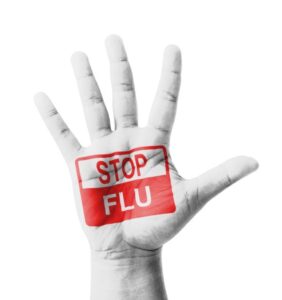
- 6. Broader Range of Vaccines: Pharmacies can offer not just flu vaccines but also vaccines for shingles, pneumonia, HPV, tetanus, and more. With these options, people can get multiple vaccinations at once, helping them stay protected against a variety of diseases.
- 7. Convenient Records and Reminders: Pharmacies often keep records of administered vaccines, making it easy for people to track their immunisations. Some pharmacies even send reminders, which can help people stay on schedule for boosters or annual vaccines. Many pharmacists can now vaccinate children also.
In summary, providing vaccinations at pharmacies enhances accessibility, promotes preventive care, and strengthens community health. This convenient option makes it easier for people to protect themselves and others from preventable diseases, ultimately reducing the burden on healthcare systems.
Community Pharmacy funding should be prioritised, what other systems can support such important health equality.
Jane Lambert
11.11.24





